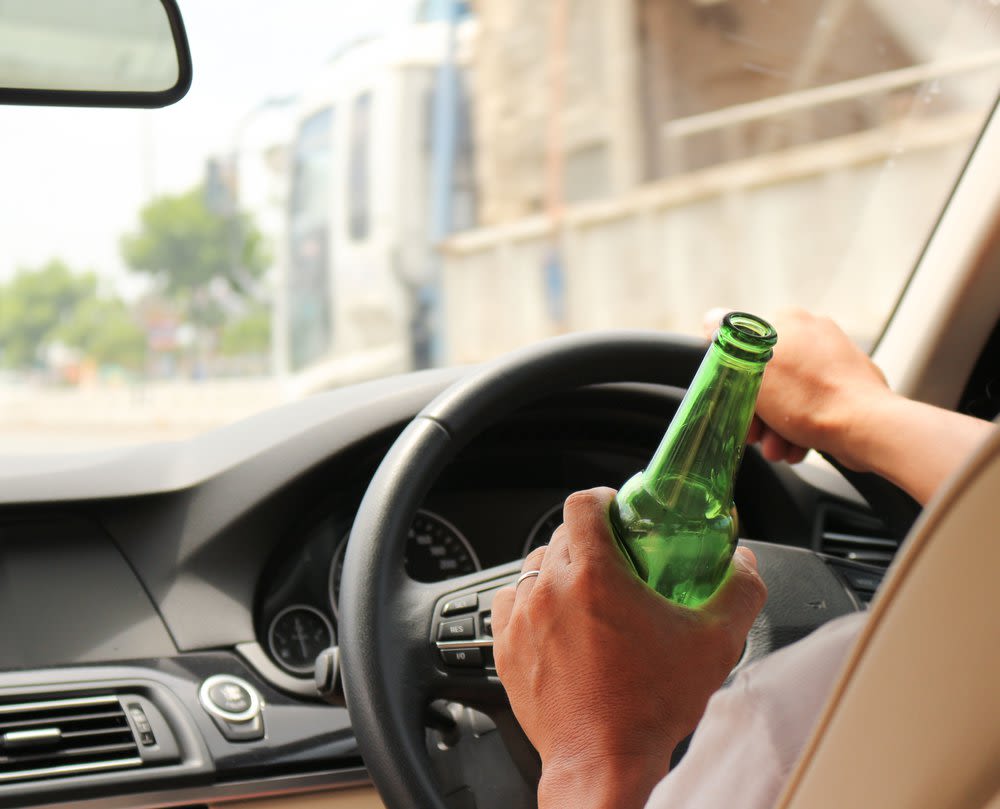
DO YOU LOSE YOUR LICENSE FOR A DUI? FIVE THINGS TO KNOW
In Colorado, if you get arrested for a Driving Under the Influence, there are a number of possible penalties you can face. Driving Under the Influence is a criminal misdemeanor offense that carries the possibility of jail time. Most offenders must complete probation, alcohol classes, community service and pay fines. In addition to these penalties, the offender may lose their license. Here are 5 things to know.
DMV and Courts are Separate
As mentioned above, there are several penalties a person can face for a Driving Under the Influence case. However, when it comes to driver’s license penalties, those are administered through the Colorado Department of Revenue motor vehicle division, separately from the court proceeding. After a person is arrested for DUI, they are typically given two documents: a court summons for the criminal case, and a notice of revocation of the driver’s license. The license revocation is handled independently from the court case. The DUI case could eventually get dismissed in court, but the offender may still face revocation of their license.
Blood, Breath or Refusal?
A person arrested for Driving Under the Influence will be asked to submit to a blood test or a breath test. If the offender agrees to do a blood test, their blood must be obtained within 2 hours of testing. It takes several weeks for the test to be completed, so the offender will keep his driver’s license unless and until the results come back at .08 or higher. If the results are above the limit, the offender will be notified via mail that their license will be revoked. If a breath test is selected, the result will be known immediately after the arrest and the offender’s license will be immediately revoked. Finally, the offender may refuse to complete a test, which will also require immediate surrender of his license.
Request a Hearing- Act Fast!
Whether you take a blood test, breath test or refusal, you will have an opportunity to contest the revocation of your license. However, there are time limits you must abide by to request a hearing through the Dept. of Motor Vehicles. For a breath test revocation or a refusal revocation, the notice of revocation will be served on the night of the arrest, and you only have 7 days to request a hearing. If you do not properly request a hearing, the license gets revoked. For a blood test case, you keep your license unless the blood level comes back over .08. The DMV will notify you of the results via mail, and a hearing must be requested within 7 days of the receipt of the letter
What Does Revocation Look Like?
If you take a blood or breath test and have a blood alcohol content of .08 or higher, there will be a license revocation. You can choose to lose your license for 9 months, or you can reinstate your license early by agreeing to have an interlock device set up in your car, which tests you for alcohol consumption before you start your car. If the blood alcohol level is higher than .15, there can be additional requirements imposed on you, such as completion of alcohol education classes and having the interlock in your vehicle for 2 years. If you are revoked after refusing to take a test, the DMV classifies you as a “persistent drunk driver” and you face maximum penalties. This requires a minimum of 60 days of no driving before you can reinstate with an ignition interlock device in your car. The DMV will not take into account special circumstances in your life that make not driving a hardship.
Can I Win? Talk to a Lawyer!
The burden of proof for a motor vehicle hearing is much lower than the “beyond a reasonable doubt” standard that we have for criminal cases. In Colorado, a DMV hearing officer decides the facts and whether to revoke a license or not. The DMV hearing officer must decide whether it has been established beyond a preponderance of the evidence if the offender was driving with a blood alcohol content higher than .08, or if they refused testing. The hearing officer will allow testimony by law enforcement and the offender, if he chooses. A jury does not decide these issues. While it can be challenging to prevail in these hearings, a skilled attorney may be able to mount a successful legal challenge to the revocation.
The loss of a driver’s license is typically one of the harsher consequences for people facing a DUI charge. It is always advisable to consult with an experienced criminal defense attorney to make sure your rights are protected. If you are facing a DUI or license revocation, contact our attorneys at Hebets & McCallin. We will fight hard for you!